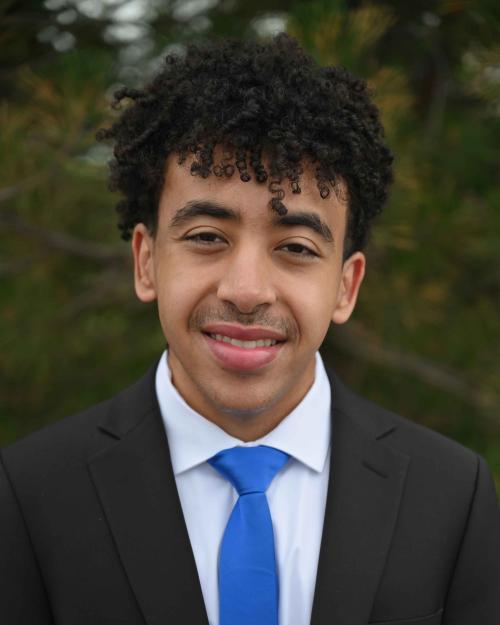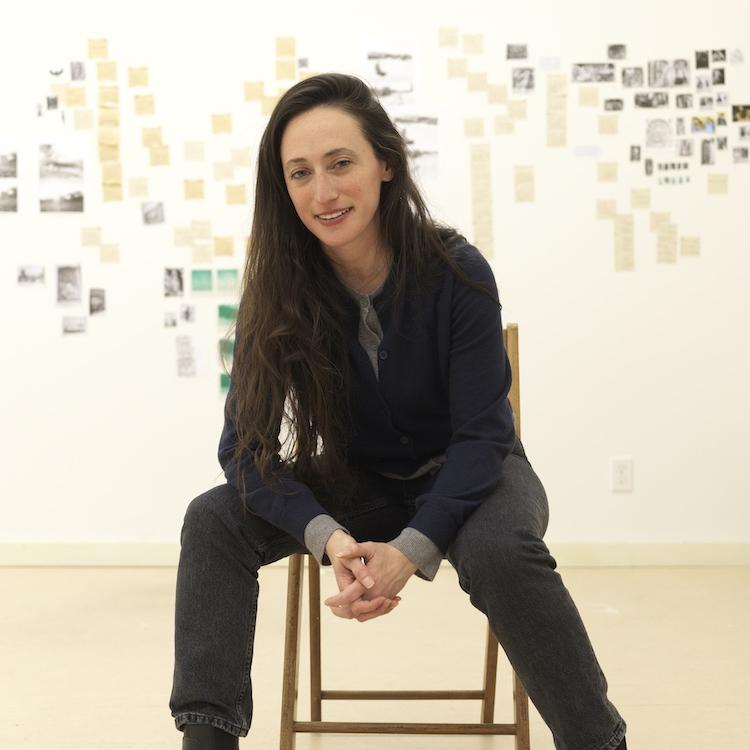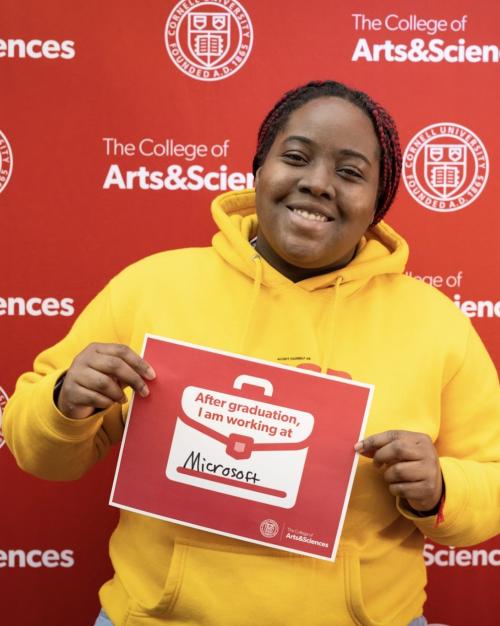For years, students majoring in computer science and other tech fields had their pick of topnotch internships and high-paying positions after graduation. But with recent layoffs at some of the biggest tech companies and the expanding use of AI in foundational coding, the market for internships and jobs in these fields is more uncertain.

“When I was in high school, everyone was talking about CS being one of the best degrees,” said Kidus Legesse ’26, a math and computer science double major. “But now there are no more guarantees that you’re going to get a software engineering job. A lot of students are more pessimistic about future job opportunities.”
To help students navigate this new marketplace, staff in Arts & Sciences Career Development, as well as Cornell Career Services, have added new services and new strategies in their one-on-one sessions. Computer science is the largest major in the College of Arts & Sciences, with 545 students enrolled.
“For the past couple of years, it’s been a candidate’s market, so applying to jobs and getting an offer was simply a numbers game,” said Jen Maclaughlin, director of A&S Career Development. “However, that strategy isn’t effective in the current market and students need to adapt. Mass applying to 100 or 300 jobs without implementing a strategy is not going to result in an offer.”
Instead, she said, students need to target specific organizations that match their interests, skills and values, and tailor their application materials to those specific organizations.
Most companies are using Applicant Tracking Systems (ATS) to screen resumes, so students need to make sure their resume and application materials highlights skills listed in the job description, she said. Students also need to focus more on networking and relationship-building, Maclaughlin said.
“Cornell has such a strong network of alumni in the tech industry and students need to leverage those relationships,” she said. “A&S students must be working with a career counselor at Arts & Sciences Career Development to develop an individualized strategy in order to receive an offer.”
Legesse relied on networking for both of his summer internships. “I have a mentor from one of my Cornell scholarships who reached out to his network and connected me with someone,” Legesse said. “Another mentor told me about the second position being open.”
Legesse met with A&S Career Development staff to help with resume reviews and connected to alumni on CU eLinks, a university-wide online networking platform, which helped him find a referral for a possible finance position.
Information science major Gian Syki ’27 also used networks to find summer positions, working at the crypto exchange platform Gemini last summer and PayPal lined up for next summer.
“I found the name of the recruiter at PayPal and reached out directly to her,” Syki said. “I did a lot of research about the company, what they do and how I could contribute and included that in my email. And I always mention that I’m a Cornell student because that makes me stand out.”
Maclaughlin said there are many resources within Career Development that can be especially helpful for tech students.
Big Resume is an AI tool that offers feedback on resume readability, credibility, formatting and AI-compatibility. Students can also upload job descriptions into the tool, along with their resume, to determine if their resume needs to be more tailored to the specific job.
Exponent is an online interview prep platform designed to help students land tech careers. It can help students looking into product management, engineering management, software engineering, data science, data analytics and other tech roles. It can also provide referrals to specific companies.
Cornell Career Network’s Career Development Toolkit also has career education modules with topics ranging from resumes (with tech-specific resumes) to interviews to accepting an offer. There are also industry specific modules on software engineering (SWE), product management, user experience and data science.
“I treat job searching as another class that I have because it can really take a lot of time,” Legesse said. “If you’re writing standard cover letters and filling out applications without much effort, you’re not going to get a response. It benefits you to put a lot of effort into it.”




